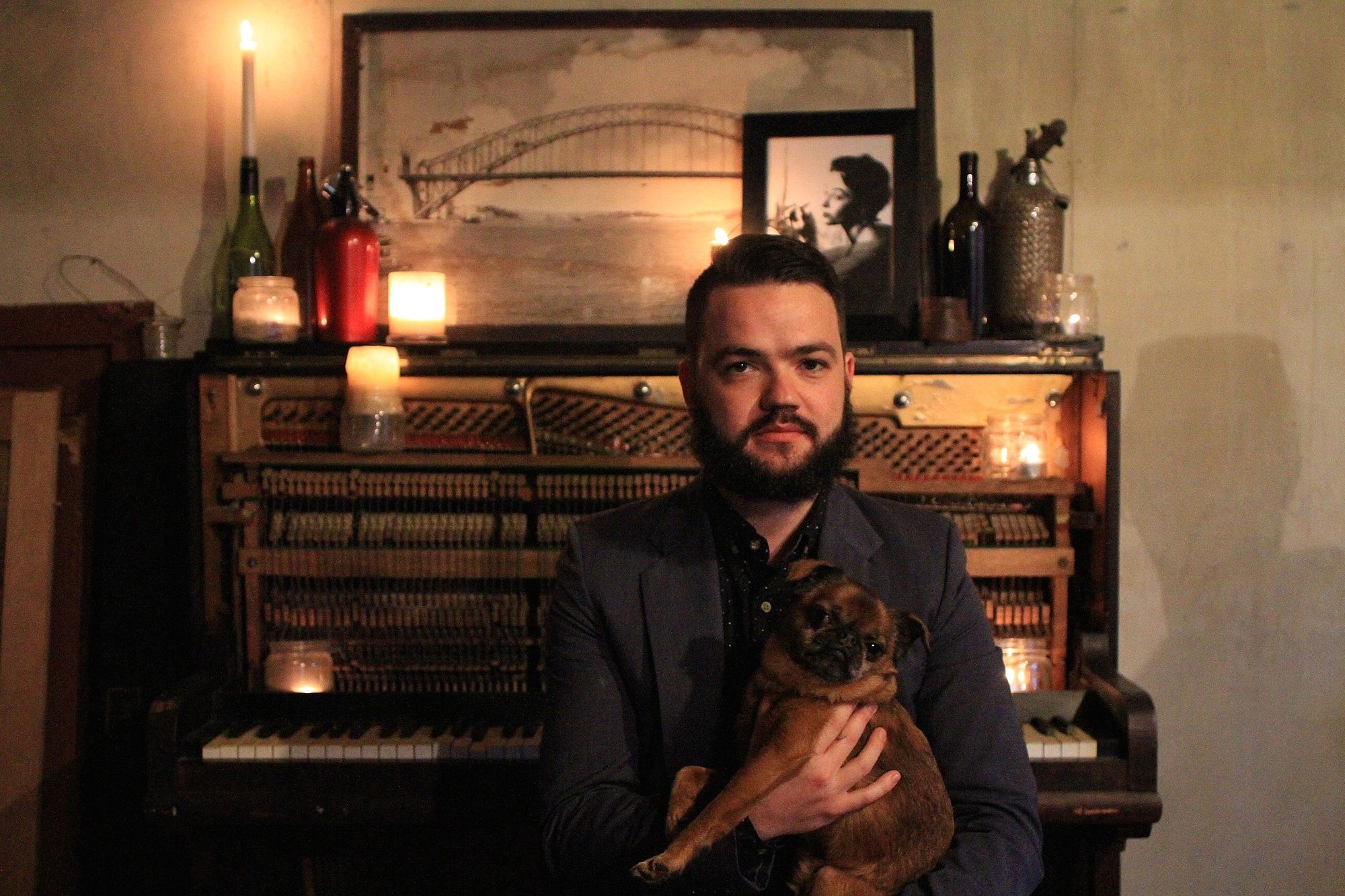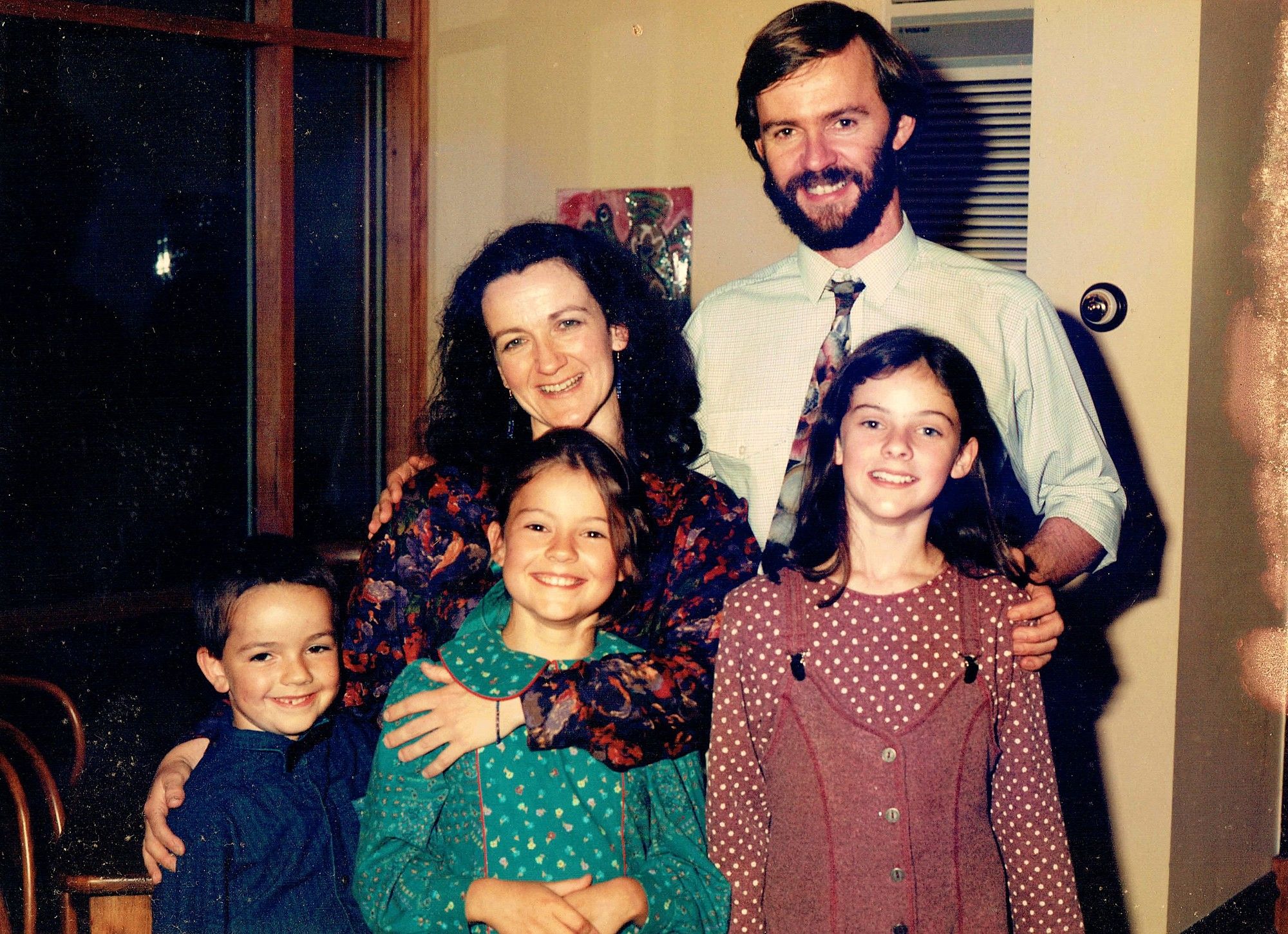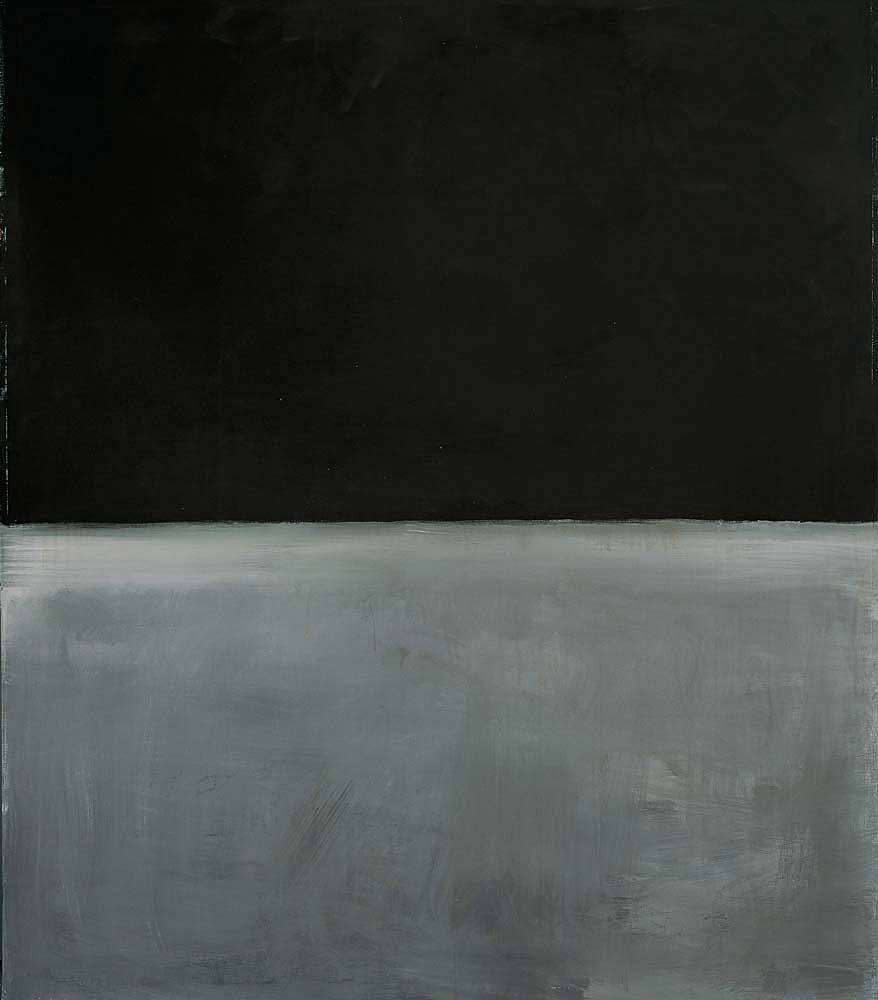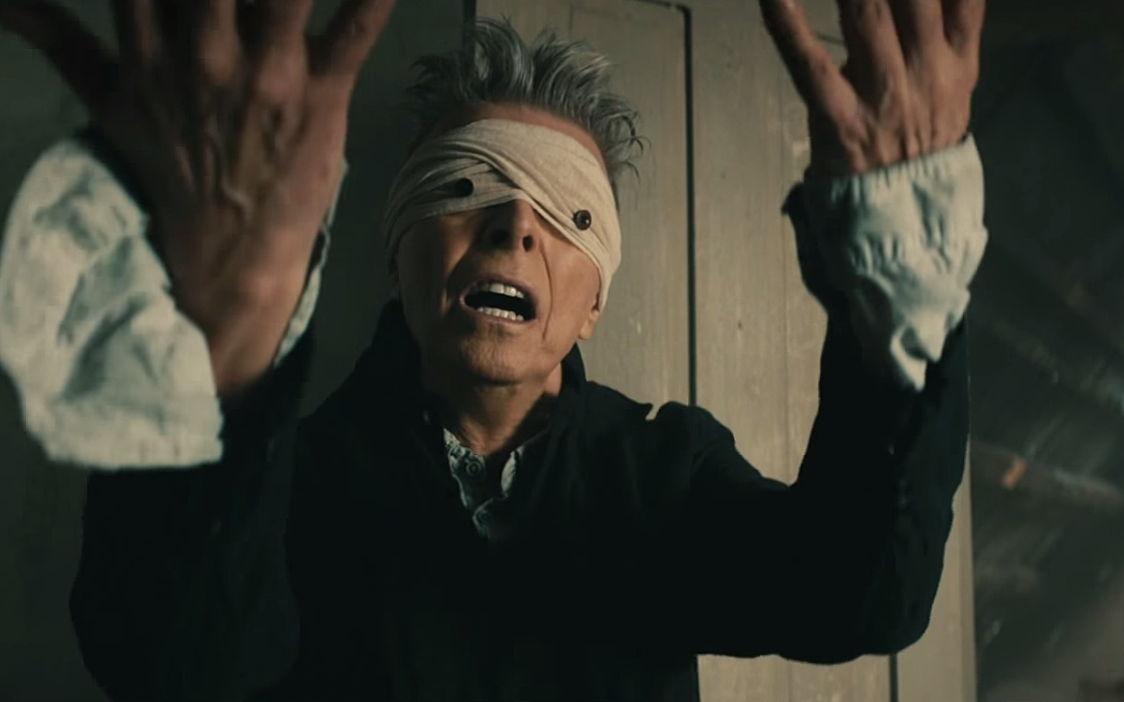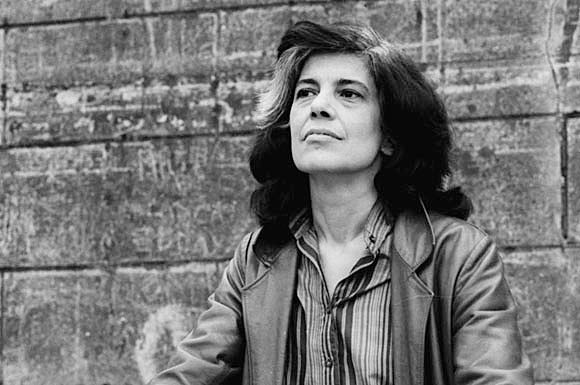Loose Canons: Robin Kelly
Loose Canons is a series where we invite artists we love to share five things that have informed their work. Meet the rest of our Loose Canons here.
Robin Kelly is a semi-permanent appendage of many Auckland theatre venues, generally with either a piano, production schedule, or beer on hand. He is the co-founder of Last Tapes Theatre Company and the leader of Stimmung Choir.
Last Tapes’ 2016 is about supporting new writing with their ‘First Steps’ season, which includes Robin’s cabaret Valerie. Part of the Auckland Live Cabaret Festival, Valerie is about Robin’s grandmother and the spectre of mental health issues that lurk in his family’s genetics.
Family
When I think about the things that have influenced my work, there’s a mix of scientific rationalism, geek humour, feminist anger, and European cultural elitism. All of that – for better or worse – comes from my family. We’re new-wave Australian colonials. Our oral history goes back to just beyond my grandparent’s generation – a generation of war heroes and immigrants. Because our genealogy and stories only go back so far, it’s hard to feel rooted to any cultural history, so that keeps you searching for something. I’ve started to cling to my grandmother’s life story – it’s the closest thing we have to a family mythology. I think that’s what I’m trying to explore in Valerie – how a fresh family history impacts me and my sisters. Where we stand. What chance we have.
Even more immediate is my family and our arguments around the dinner table. They sit at the core of the work I love to do. We’re combative and pedantic and inquisitive and dorky. It’s who we are. It will always stand at the centre of my work.
Obsessiveness
My brain likes to parcel things. Olivier Messiaen, Samuel Beckett, Jean Genet, Peter Greenaway, Edward Albee, and Mark Rothko. They’ve all been huge influences on me, and they all fall into the same camp somehow, regardless of their disciplines and styles. I’ve been on pilgrimages to see their work – I left my friends on our OE to spend two days in Paris during Messiaen’s centenary to see various concerts. I fell in love with them all in my late teens/early twenties and haven’t yet found a way to move on. They all have a really essential flavour for me, and I love that – an artist whose work has some essential element you can almost taste. It feels like they’re obsessive in their work, like they’re trying to re-create the same experience again and again. Refining it each time. Like Messiaen’s devotion to birdsong or Genet’s bandits and thieves.
Rothko’s the quintessential example of this I guess, and I’ve always loved the inherent humour in these very serious artists’ works. I’ll never forget being at a Rothko exhibition at the Tate Modern in front of one of the ‘Untitled (Black on Grey)’ paintings and having a seven year old girl at my feet with a piece of paper and felt-tips drawing the work. She had a black one, she had a grey one. She had everything she needed. It was beautiful.
Trying to be meticulous even though life is really messy
I have an Honours degree in molecular biology, and the one thing that always pissed me off was people saying, ‘Oh, so can do the sciences and then do theatre when you need creative time.’ It pissed me off because good science is so creative. There’s a singular focus and meticulousness that is beautiful. The same people that were all about ‘science vs creativity’ would call Bach a creative genius, but in my mind he was a scientist. He experimented; he applied rational creative processes to his work. It’s the same lineage that produced modernist musical icons like Schoenberg and the serialist composers of the 20th century.
But the flipside of that is equally silly – that Bach and Schoenberg and co. are intellectual artists, that they somehow lack passion. People think the same of scientists. Scientists are really messy and fantastical and egotistical, like those composers. We’re all just people driven by a curiosity, creating strange and fantastical work.
The really inspiring thing is seeing all those human qualities, and months and months of disciplined work, converted into a beautiful narrative, a surprising and engaging and satisfying piece of work. A meticulous research paper. A beautiful cantata. It’s exceptional.
Pushing the boundaries from within the mainstream
For me, this concept is embodied by a random collection of British dudes - Douglas Adams, Monty Python, The Beatles, David Bowie. All British. All of an era (ish). Apart from that it’s a little diffuse. But I’ll try to justify it. The foundation of my sense of humour comes from Python and Adams. They didn’t care at all about intelligibility, they were focussed on a beautiful combination of rhythm and concept and silliness. And Bowie and the Beatles (on opposite ends chronologically) also fit into that group for me. They all managed to deliver a product that was simultaneously mainstream and baffling. I don’t know how you find the creative confidence (and talent) to be obtuse, irreverent and populist all at the same time. Python’s ‘Flying Circus’ premiered on prime-time TV with a sketch with John Cleese dressed as Mozart sitting on a pig, starting the running tally of dead pigs throughout the episode. No justification, no apologies. Revolver. Hitchhiker’s Guide.... Low. Amazing works that didn’t give a shit about being understood at the time and yet have become a core part of our popular culture.
Bowie brought it to an exceptional close this year though. Black Star was already a beautiful album, but understanding it again as a farewell tore me apart. Visiting his website hours after his death and finding a constellation of people’s reflections, grief, well-wishes was the most beautiful and devastating thing I’ve experienced in a long while.
Righteous anger
I realised way too late in my life that society had played me like a fool and all my core cultural heroes were men. I’m angry about that even now, because there’s that golden period where you drink in influence effortlessly. You learn without trying and those influences become a core part of your personality (see above for details). I find myself trapped in patterns of thought and it takes more and more effort to break those patterns and remain critically engaged - it takes more force.
For me, that force comes in the form of anger, and I think that’s one reason why I gravitate towards angry feminist voices. Susan Sontag, Naomi Klein, and Kate Millett have had a big impact. I read Millett’s Sexual Politics and she tore apart my literary heroes like D. H. Lawrence in a way that left me staggered. You can feel her anger in what is essentially a doctorate essay. It’s remarkable, and at the same time, she put me onto Jean Genet. Sontag’s diaries and essays are incredible. Her critical engagement with the world around her - even in her teens - is ridiculous. Illness as Metaphor really challenged the romantic literature I was into at the time, and I have huge respect for her for that and for exposing the messed-up-ness of the world we live in. Klein is great for that too. The bitter vitriol of Shock Doctrine is how I wish I could feel all the time, if I wasn’t so apathetic. These are the people that lay down the challenge for me – demand that I use that anger to do something productive, rather than just wallowing in it. A lot of what I do is trying to meet their example.
Valerieis on
27 September – 8 October
Basement Theatre
as part of the Auckland Live International Cabaret Season
